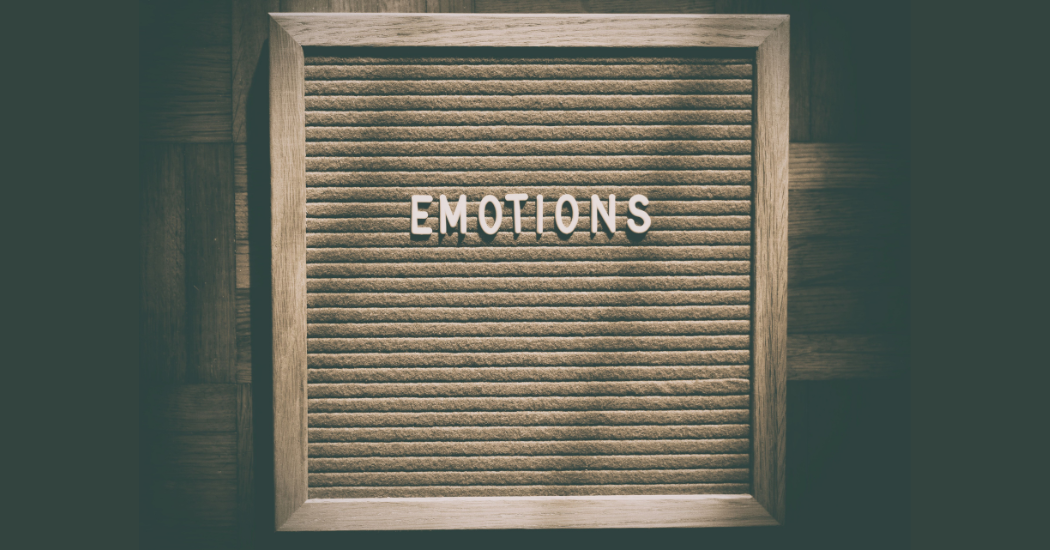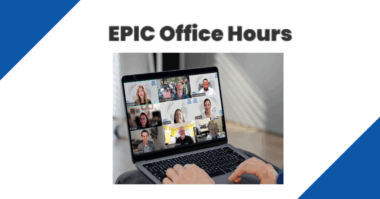Emotional Intelligence (EQ) is the capacity to be aware of, control, and express one’s emotions, and to handle interpersonal relationships judiciously and empathetically. This is a learned skill that I believe everyone can grow within themselves.
While this topic seems to be more of a “new” topic of discussion as it relates to Leadership, it’s been around in the Psychology world for a very long time. Daniel Goleman brought widespread attention to this term in 1995 when he wrote his book Emotional Intelligence which included five core components: empathy, effective communication/social skills, self-awareness, self-regulation, and motivation. I’d like to hone in on two of these, as for my leadership journey they have been the most impactful in both my personal and professional life. I believe that by understanding and practicing Self-Awareness and Self-Regulation, you will innately become a better and more effective leader.
Self-Awareness: the ability to recognize and understand your own emotions. Understanding our emotions is hard, especially when a lot of us aren’t taught how to feel and understand those emotions. In practice, self-awareness is being able to understand where you’re at mentally and know the impact that those emotions can have on your interactions with others. It’s also about knowing and working with your personal strengths and weaknesses. For example, I’ve struggled with high anxiety and mild depression since I was a teenager. I fought it for years and would just push it down and pretend it wasn’t there. As I’ve become more self-aware, I’m able to feel when I’m living in either of these states emotionally and how to take better care of myself in these moments. I also know my limits when I’m in these states. If I’m struggling with anxiety, I know I need to take a step back, breathe, and allow myself the time to think things through rather than let my anxiety take the wheel and get me off track. If I’m struggling with depression, I know I need to practice a little more self-care and that I should shy away from making any big decisions in those moments. Having a better understanding of who I am, how I’m feeling, and why I react the way I do based on those feelings has been a gamechanger for me to then be able to self-regulate.
Self-Regulation: the control of one’s behavior through self-monitoring, self-evaluation, and self-reinforcement. Emotional Intelligence not only requires you to be aware of your own emotions and the impact you have on others but it also involves regulating and managing those emotions. This is about how to not let your emotions take the driver’s seat in your actions with others. We are all human so we’re all going to let our emotions get the best of us from time to time, but being able to be self-regulate will better guide you in your interactions with others. In practice, this is about expressing your emotions appropriately and not projecting how you’re feeling onto others. This is a hard one because a lot of the time our reactions are automatic. But when you’re able to understand how you’re feeling (self-awareness) then you’re better adept at moving from a reaction to a response. For example, if I’m feeling really overwhelmed, I know that I need to be extra mindful of my interactions with people because I’m more positioned to react in an unconstructive way. So, when I am feeling overwhelmed, I try to pause before responding to things to allow myself to work out the reaction so that I can respond in a more skilled and positive way.
Learning and growing in both awareness and regulation of myself has allowed me to not only level up my personal relationships but it’s leveled up my career. It allows me to not project my shit (most of the time – only human over here!) on other people and have more impactful relationships with those around me, as well as a better relationship with myself. I would have never thought that getting better at self-awareness and self-regulation would enhance my professional life. Truthfully, this is something that I kept in the bucket as personal growth work and reserved it for my therapy sessions. But as I have been continually learning and growing as a young professional, I’ve learned that our personal growth is our professional growth. It’s one in the same and as we learn and get better, both sides do too.




